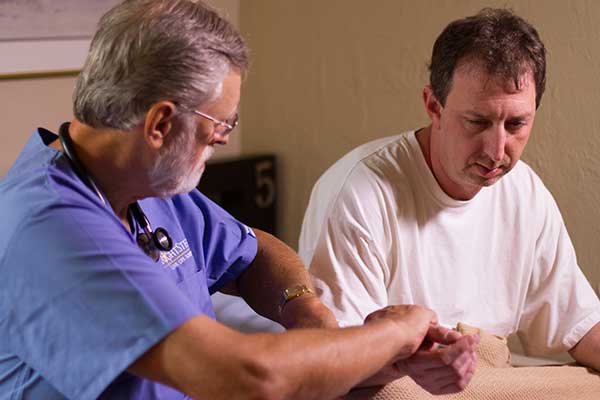Ecstasy addiction is a serious and dangerous problem, especially for American teens. Using ecstasy can significantly affect a teen’s life in negative ways.
If you or a loved one is struggling with the effects of ecstasy addiction, The Right Step Houston’s young adult drug addiction treatment can help. It is designed specifically for young adults ages 18-26 and provides them with the tools they need to recover. Call us today at 17135283709 to learn more.
What Is Ecstasy?
Ecstasy, also known as MDMA and by many other street names, is a synthetic drug classified as both a stimulant and a psychedelic. It’s referred to as a “club drug” because it is often used at raves, concerts, and nightclubs. Ecstasy causes a number of mind-altering effects, including feelings of:
- Pleasure, heightened and friendly emotions
- Changes in time perception and sensory experiences
While the effects of ecstasy can be pleasurable, the drug also comes with a number of potential risks and dangers, including:
- Dehydration
- Hyperthermia (overheating)
- High blood pressure
- Heart problems
- Anxiety
- Depression
- Sleep problems
- Drug cravings
How Does Ecstasy Affect Teens?
Many people believe that ecstasy is harmless because it makes people feel happy and have pleasant hallucinations. However, ecstasy can be deadly. While it is dangerous for anyone, it is particularly dangerous for teens because their brains are still developing.
Teens who use ecstasy may suffer from a number of short-term effects of ecstasy including anxiety, panic attacks, insomnia, dehydration, heatstroke, and high blood pressure. Long-term effects of ecstasy use can include brain damage, problems with memory and learning, kidney failure, and cardiovascular problems.
Other risks include:
- Ecstasy is also often mixed with other drugs or alcohol, which can increase the risk of dangerous side effects.
- Ecstasy is derived from a form of amphetamine, which can hinder the body’s ability to control internal temperature. Hot settings like crowded concerts or common party behaviors like dancing and jumping can increase the body’s temperature to dangerous levels. If the body is unable to cool itself, body temperatures can rise to dangerous levels and cause heart failure, kidney failure, liver problems, and death.
- Even weeks after using ecstasy, teens can experience depression, difficulty sleeping, anxiety, and cravings for the drug.
How Are Teens at Risk?
One of the biggest factors that put teens at risk of ecstasy addiction is a lack of information. Many teens are unaware of the dangers of using ecstasy. In addition, ecstasy is often seen as a “harmless” or “soft” drug, which can make it more appealing to teens.
Other risk factors for ecstasy addiction include:
- Teens who suffer from anxiety, depression, or other mental health disorders are at a higher risk of developing an addiction to ecstasy.
- Teens who have friends or family members who use drugs are more likely to use drugs themselves.
- Teens who live in chaotic or dysfunctional homes are more likely to turn to drugs as a way to cope with their problems.
How Can Parents Help?
As a parent, there are a number of things you can do to help your teen avoid ecstasy addiction. First, it’s important to be aware of the signs and symptoms of ecstasy abuse. These can include changes in mood, behavior, and appearance.
If you suspect your teen is using ecstasy, the best thing you can do is talk to them about it. Let them know that you are concerned and that you want to help them. If your teen is reluctant to talk to you, there are a number of resources available, including counselors, therapists, and support groups.
Find Help for Teen Ecstasy Addiction at The Right Step Houston
The Right Step Houston can help your teen. Reach out online or by calling 17135283709 for more information on our treatment options.






